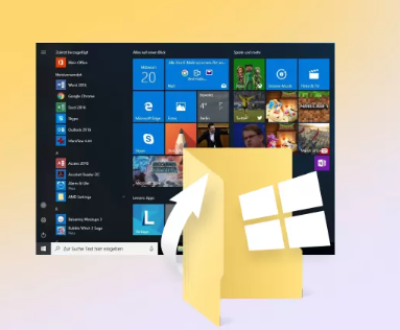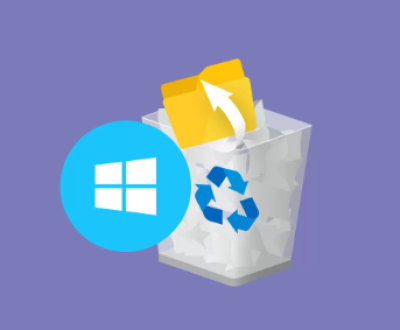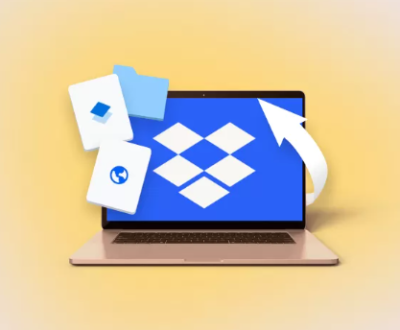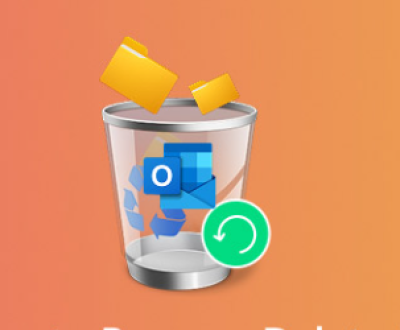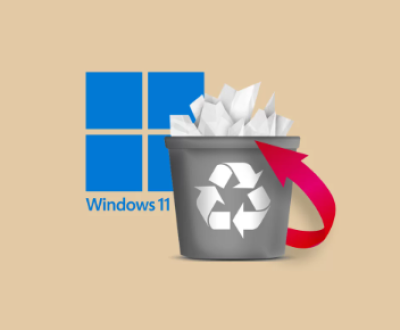EmuDeck is a popular emulator manager designed for the Steam Deck, making it easier for users to set up and run a variety of classic console emulators on their device. However, like any software dealing with hardware, EmuDeck can encounter issues from time to time. One of the most frustrating errors is when EmuDeck is unable to detect the SD card, a key storage component used to house game ROMs, save files, and other data.
This issue might arise from several factors, including file system corruption, improper mounting, incorrect configurations, or issues with the SD card itself. The error can prevent users from running or saving games and can cause significant disruption. In this guide, we’ll walk you through the most common causes of this problem and provide step-by-step instructions for fixing it.

What is EmuDeck?
EmuDeck is a set of pre-configured emulators designed to run on the Steam Deck, providing a seamless gaming experience for users who want to relive their favorite classic games. It integrates with the SteamOS interface, allowing you to launch games directly from Steam’s Big Picture mode. The software is designed to automatically detect and configure emulators, making it easy for even those without much technical experience to set up their games.
The SD Card Role
SD cards play a crucial role in storing the game files, emulator data, and configuration files that EmuDeck uses to run games. If EmuDeck cannot detect the SD card, the software won’t be able to load games, store save data, or even launch the emulators. The error message, typically saying something along the lines of “Error detecting SD card,” can be caused by many different factors, ranging from improper setup to hardware issues.
Possible Causes of the EmuDeck SD Card Detection Error
Before diving into troubleshooting, it’s essential to understand the various reasons this error might occur. The potential causes include:
1. File System Corruption on SD Card
SD cards can become corrupted due to improper ejection, power loss, or physical damage. Corruption can make the card unreadable by your device or lead to incorrect detection.
2. Improper SD Card Insertion
The SD card might not be inserted properly, causing EmuDeck to fail in detecting it.
3. Faulty SD Card or Card Reader
A damaged SD card or a malfunctioning card reader (especially if you’re using an adapter) could be the issue.
4. Incorrect EmuDeck Configuration
Sometimes, the settings in EmuDeck may be configured incorrectly, or the software may fail to recognize the card due to a bug.
5. Driver or Firmware Issues
Outdated drivers or firmware on your Steam Deck could lead to detection issues.
6. Hardware Limitations or Compatibility Issues
Some SD cards might not be compatible with EmuDeck or the Steam Deck, especially if the card is too large or uses a specific file system format unsupported by the system.
7. Conflicting Software
Other software, including file management tools or other emulation platforms, could interfere with EmuDeck’s ability to detect the SD card.
Steps to Fix “Error Detecting SD Card” in EmuDeck
Now that we’ve outlined some of the possible causes, let’s dive into detailed steps for troubleshooting and fixing the issue.
1. Check SD Card Insertion and Connection
First, ensure that the SD card is properly inserted into the Steam Deck. Here’s how to do it:
Remove and Reinsert the SD Card: Power off your Steam Deck, remove the SD card, inspect it for any visible damage, and reinsert it carefully.
Try Different Slots: If your device has multiple slots, try using a different one to rule out the possibility of a faulty slot.
2. Verify the SD Card File System
In most cases, SD cards used with EmuDeck should be formatted in exFAT or FAT32. If the file system is incorrect or corrupted, EmuDeck may fail to recognize the card. Here’s how to check and fix this:
Connect the SD Card to a PC: Use a card reader to connect the SD card to a computer.
Check the File System: Right-click the card in File Explorer and select “Properties.” Check the file system (it should be exFAT or FAT32).
Reformat the SD Card: If the file system is wrong or the card is corrupted, reformat it using the following steps:
Backup any data you want to keep.
Right-click on the SD card in File Explorer and select “Format.”
Choose exFAT (recommended for large cards) or FAT32. and click “Start.”
Reinsert the SD Card: Once the formatting is complete, place the SD card back into the Steam Deck and check if EmuDeck detects it.
3. Test the SD Card for Errors
Sometimes, file system corruption or bad sectors can cause SD card detection errors. Use built-in tools on your PC to check for errors:
Windows: Open “This PC,” right-click the SD card, and choose “Properties.” Go to the “Tools” tab and click “Check” under “Error checking.”
macOS: Use Disk Utility to verify and repair the disk.
If any errors are found, attempt to repair them using the software’s built-in tools.
4. Update Steam Deck Firmware and EmuDeck
An outdated system firmware or EmuDeck installation could be causing compatibility issues. Make sure both are up to date:
Update Steam Deck Firmware:
Navigate to Settings > System > System Updates.
Follow the prompts to download and install any available firmware updates.
Update EmuDeck:
Visit the EmuDeck website or open the EmuDeck application.
Check for updates and install the latest version.
5. Check for Conflicting Software
Other applications or tools might be conflicting with EmuDeck’s ability to detect the SD card. For example, file management software or other emulation platforms may interfere with EmuDeck’s functionality. To troubleshoot this:
Disable Background Applications: Temporarily disable any unnecessary applications running in the background to see if this resolves the issue.
Uninstall Conflicting Software: If you have other emulators or file managers that may be causing interference, consider uninstalling them and testing EmuDeck again.
6. Reconfigure EmuDeck
Incorrect configurations in EmuDeck can prevent it from detecting the SD card. Here’s how to reset the configuration:
Reconfigure EmuDeck: Open the EmuDeck application and navigate to the settings menu. Look for any SD card-related settings, such as storage paths, and ensure they’re correctly configured.
Reset Settings to Default: If unsure, you can reset EmuDeck to its default settings by reinstalling or selecting a “reset configuration” option within the app.
7. Test a Different SD Card
If your SD card is still not being detected after troubleshooting, it could be faulty. Test with another SD card:
Insert a Different SD Card: Try using another SD card with your Steam Deck to see if the issue persists. If the new SD card is detected, the original one is likely damaged.
Check Compatibility: Make sure the SD card you’re using meets EmuDeck’s requirements, such as being at least Class 10 and having a large enough capacity.
8. Contact EmuDeck Support
If none of the above steps resolve the issue, it might be time to contact EmuDeck’s support team or consult their community forums. They may have additional troubleshooting steps or updates to fix the issue.
The “Error detecting SD card” issue in EmuDeck can be frustrating, but by following these detailed steps, you can troubleshoot the problem effectively. Whether it’s checking the SD card for corruption, reformatting it, ensuring proper insertion, updating the software, or eliminating conflicts, there are many potential fixes to explore. If the problem persists, consider reaching out to EmuDeck’s support team for further assistance. With patience and persistence, you’ll be back to playing your favorite games in no time.
About us and this blog
Panda Assistant is built on the latest data recovery algorithms, ensuring that no file is too damaged, too lost, or too corrupted to be recovered.
Request a free quote
We believe that data recovery shouldn’t be a daunting task. That’s why we’ve designed Panda Assistant to be as easy to use as it is powerful. With a few clicks, you can initiate a scan, preview recoverable files, and restore your data all within a matter of minutes.

 Try lt Free
Try lt Free Recovery success rate of up to
Recovery success rate of up to


